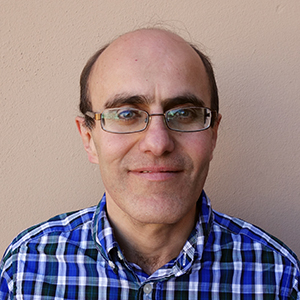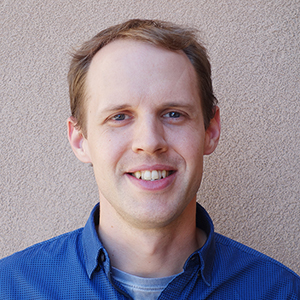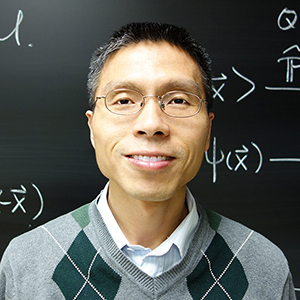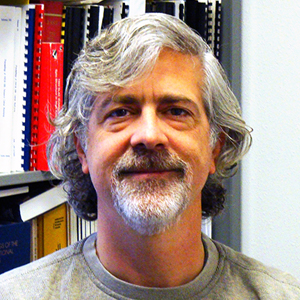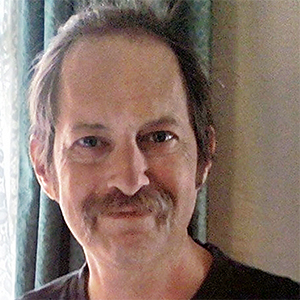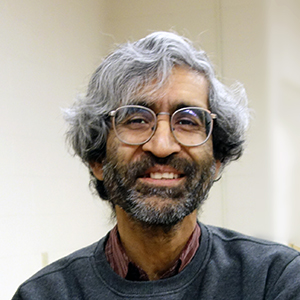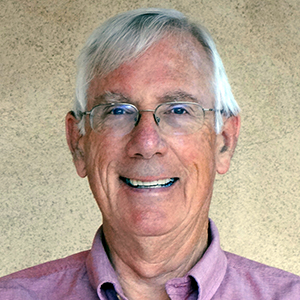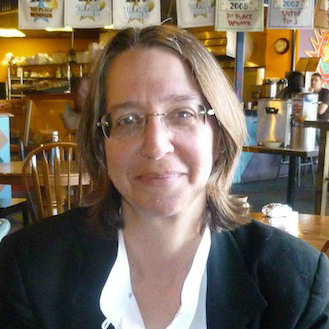- Research Home
- Office of Sponsored Projects
- Research Highlights
- Faculty Research Areas
- Centers and Institutes
Physics research underlies the progress in almost every area of science, from chemistry to biology to electronics to medicine, and physicists defined the html code for the Internet as we know it. You want to see tumors in your body, try tools from physics. You want to see better, try laser surgery using the math that we astronomers invented to see better on the ground and in space. You want to see oil reserves underground, use sound waves and the math that physicists invented.
Then of course there is the cultural benefit of understanding who we are and where we could go if we try.
-- Dr. John C. Mather, 2006 Nobel Laureate in Physics

